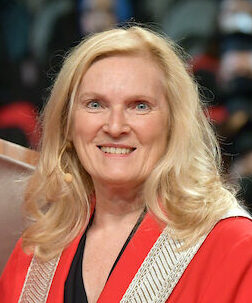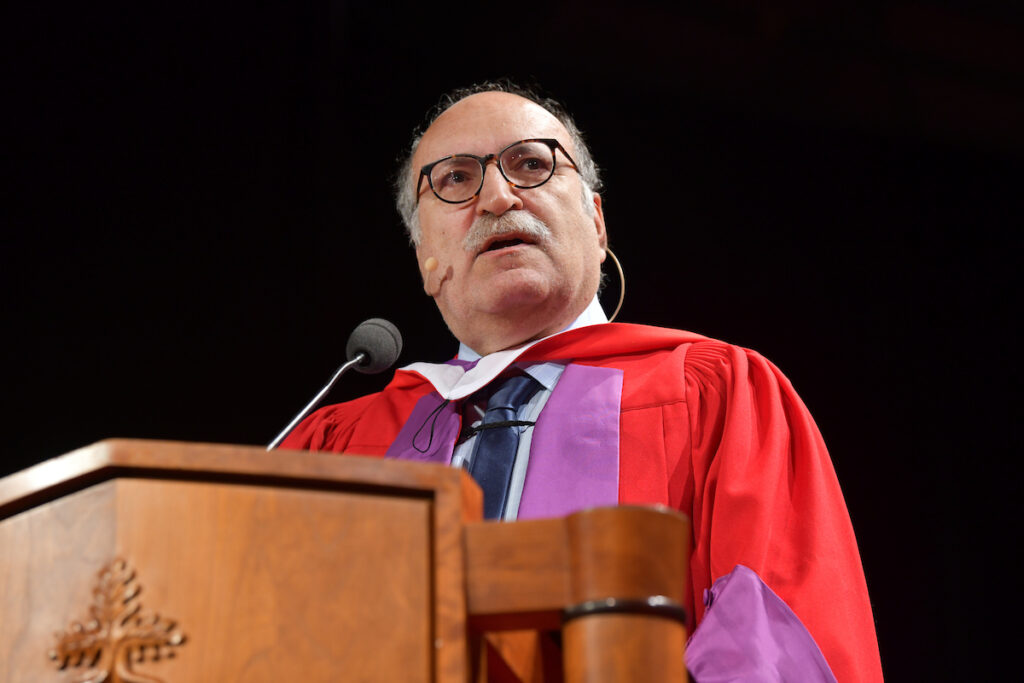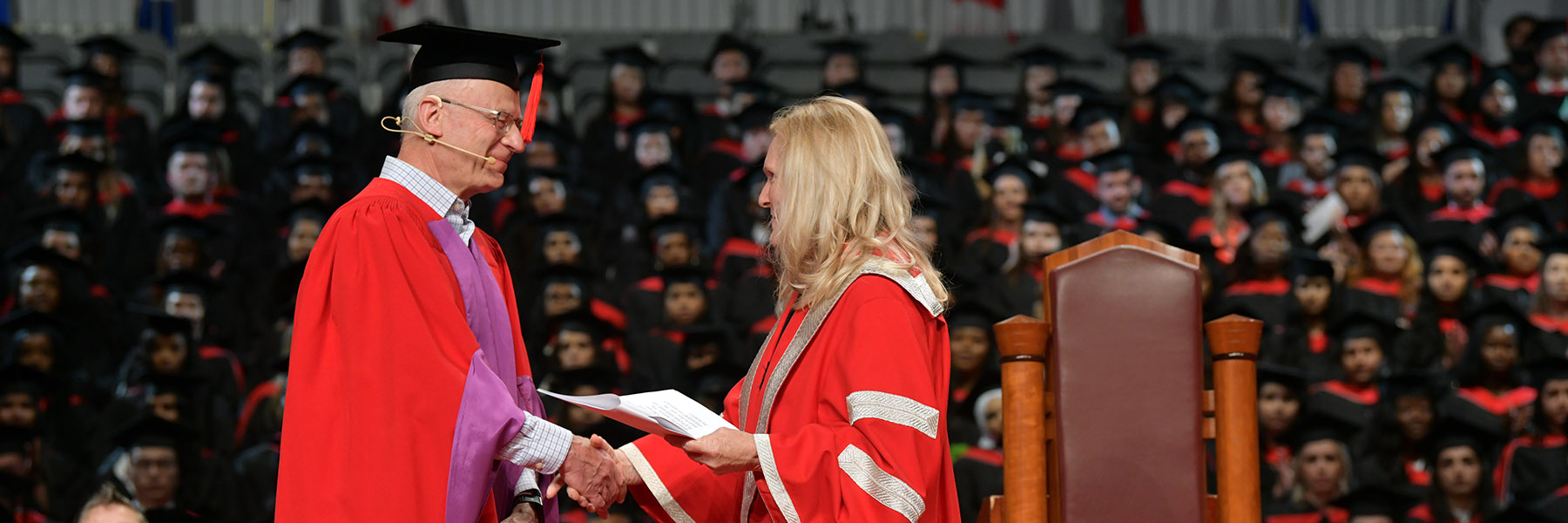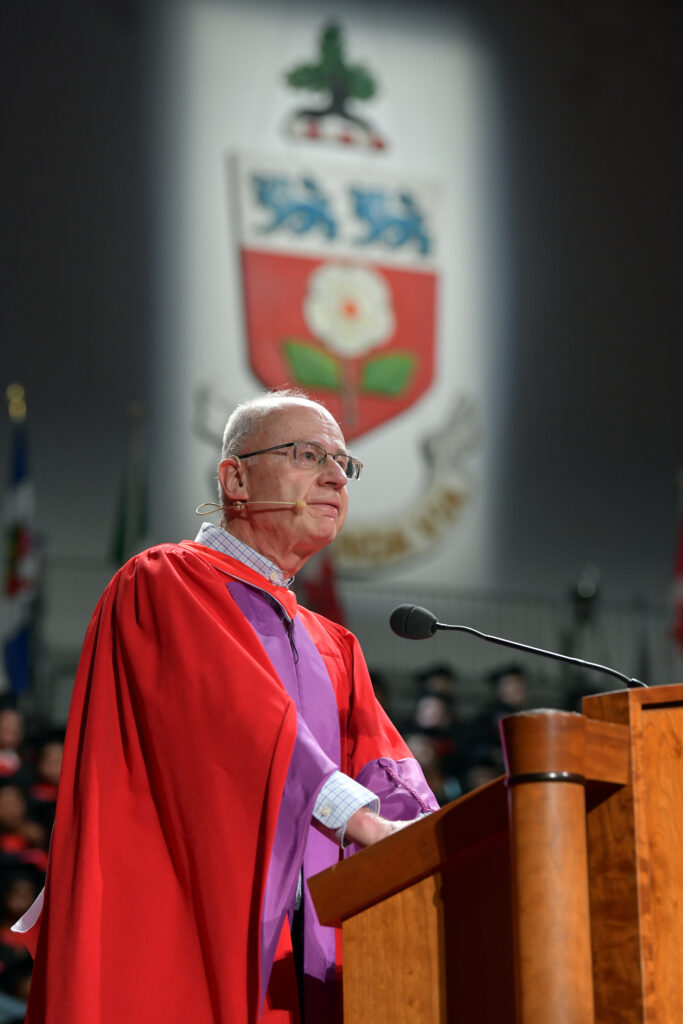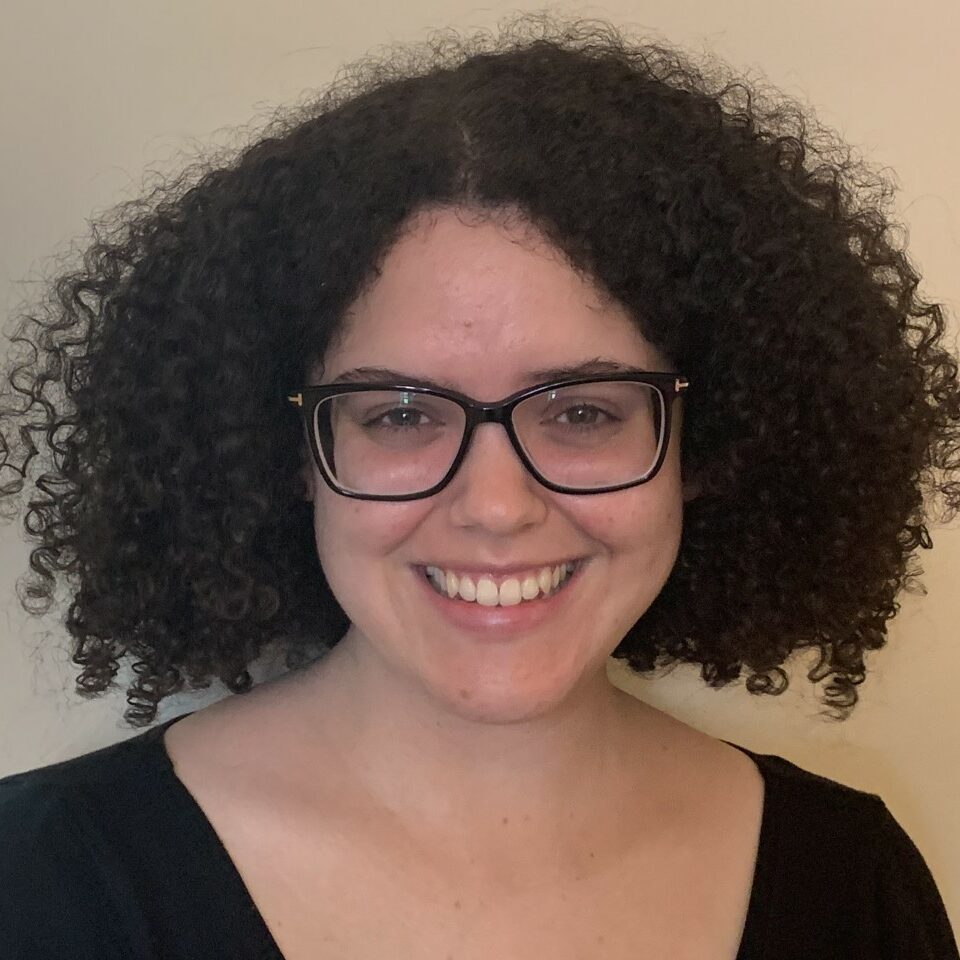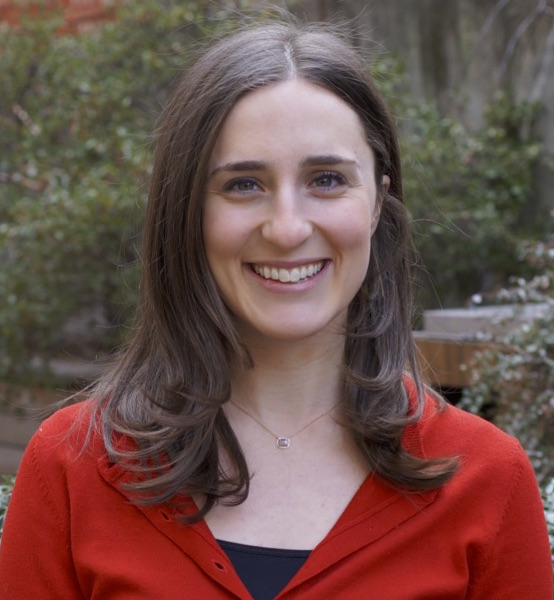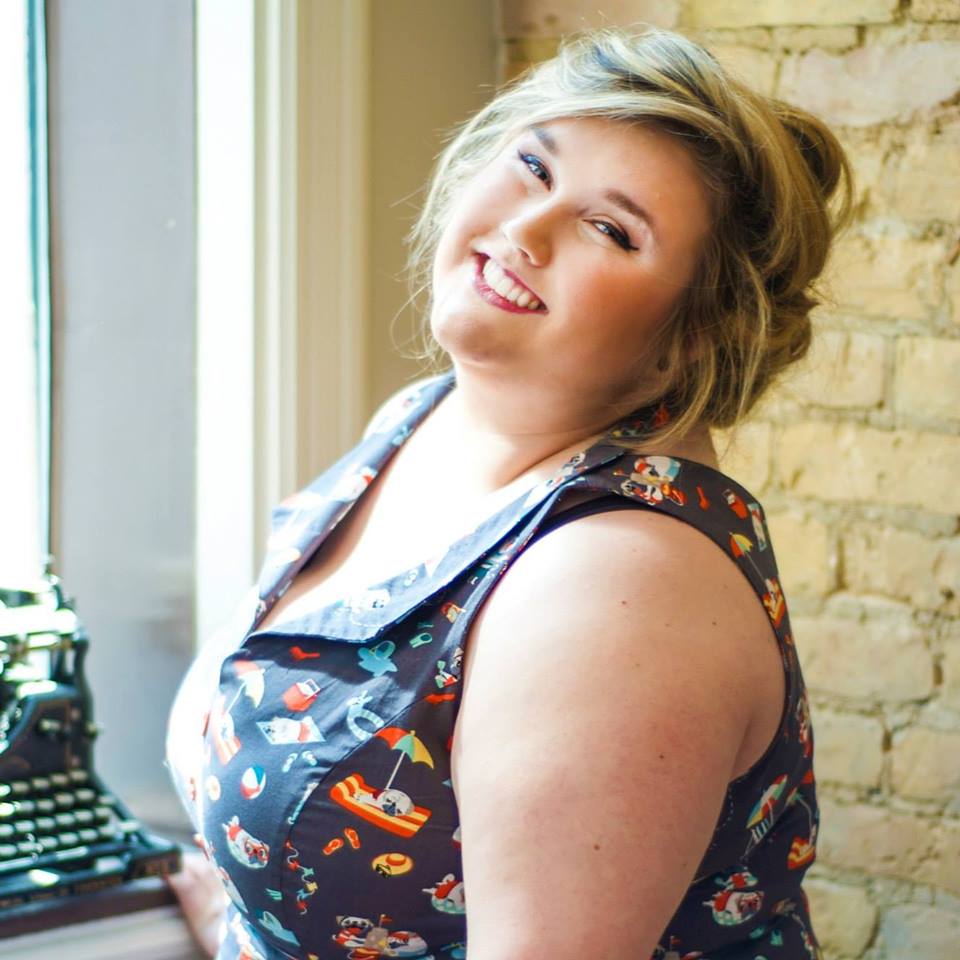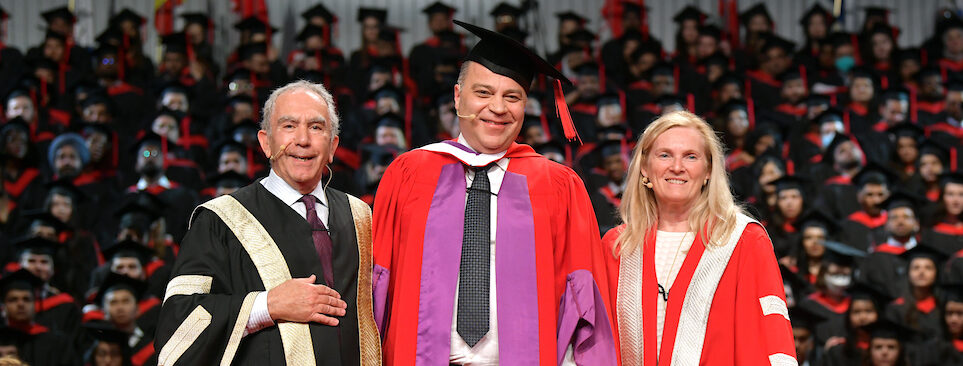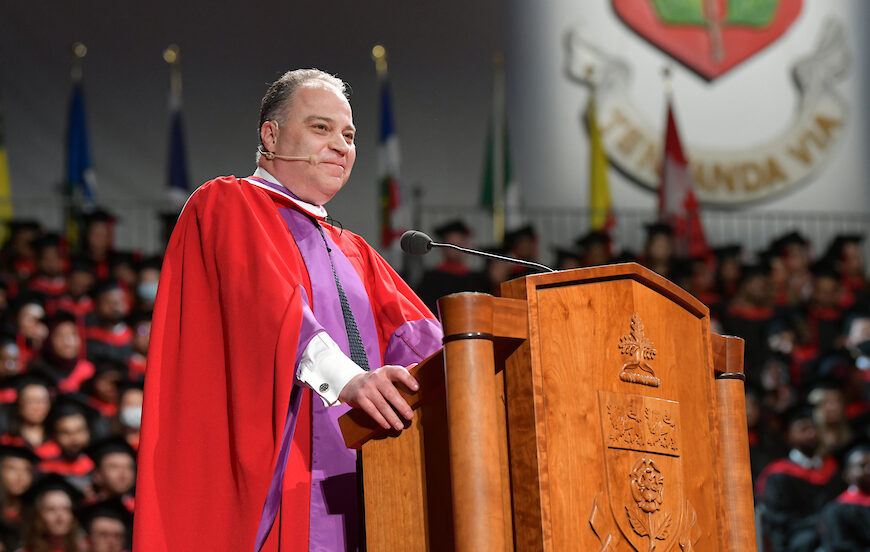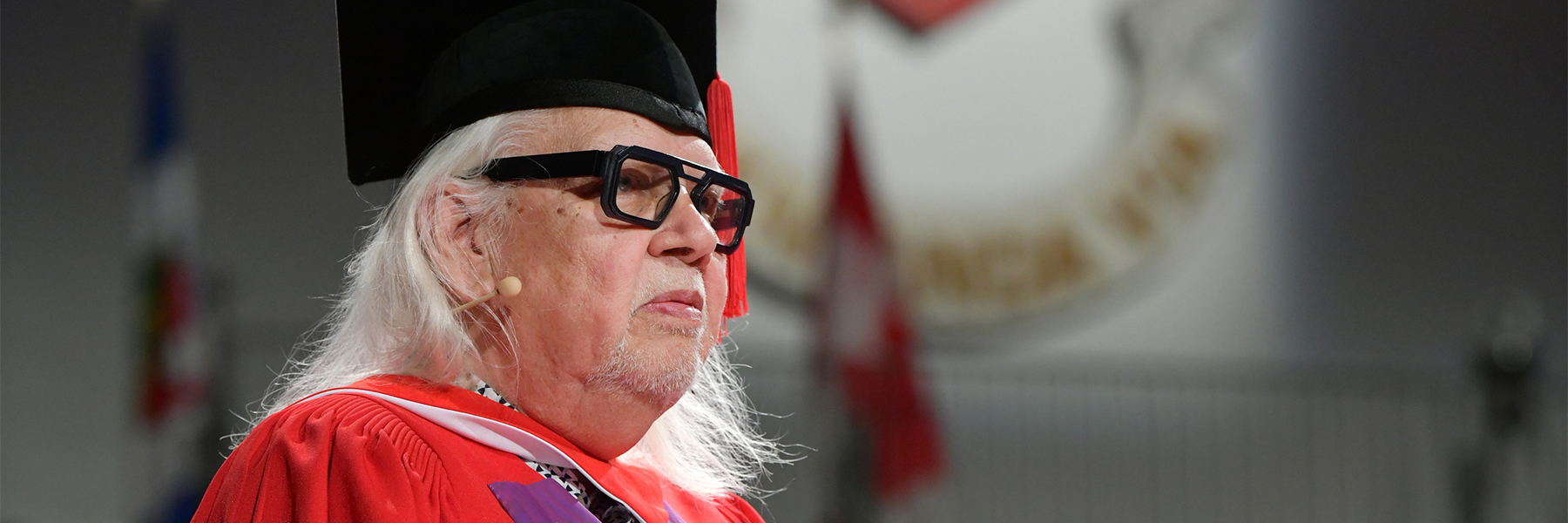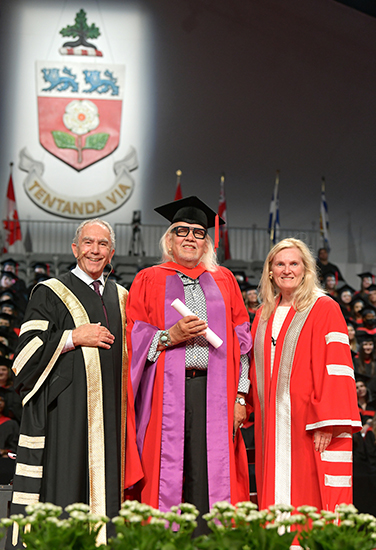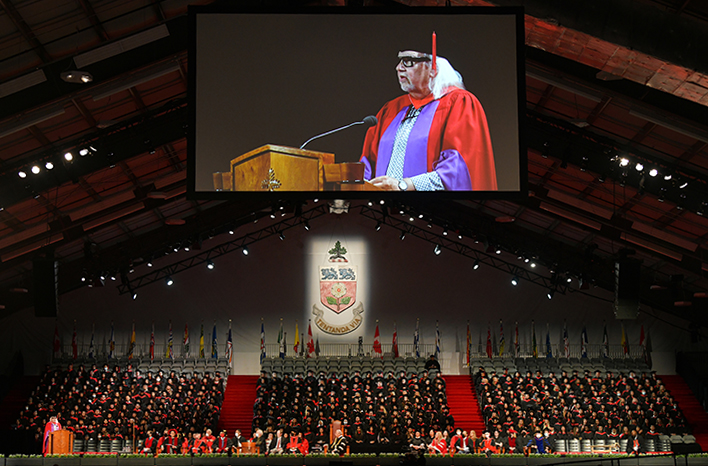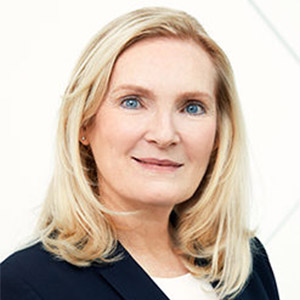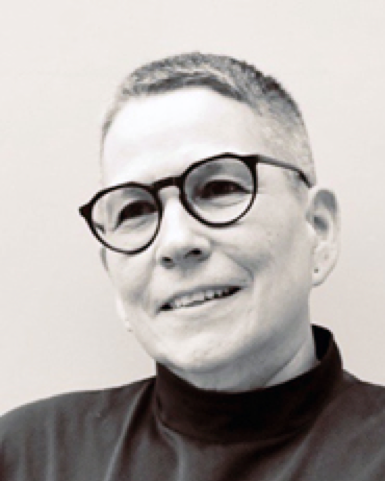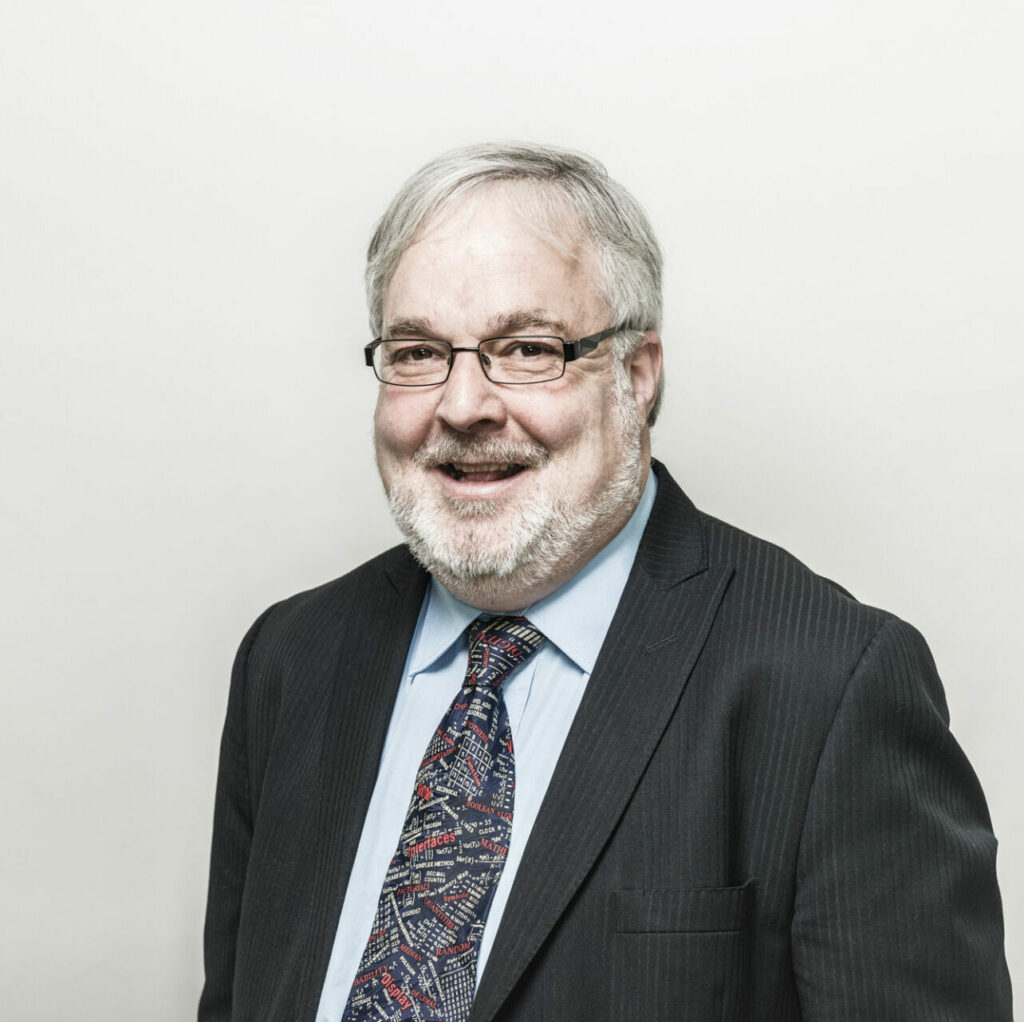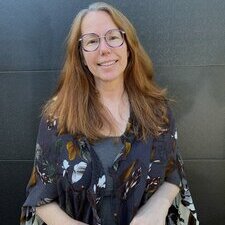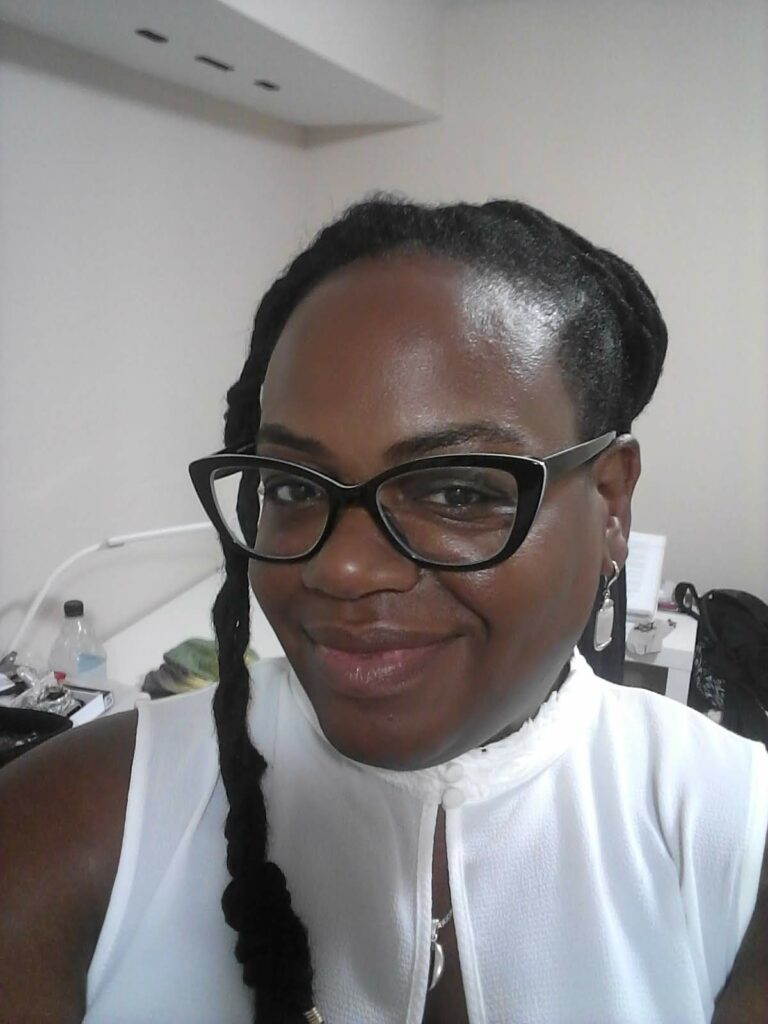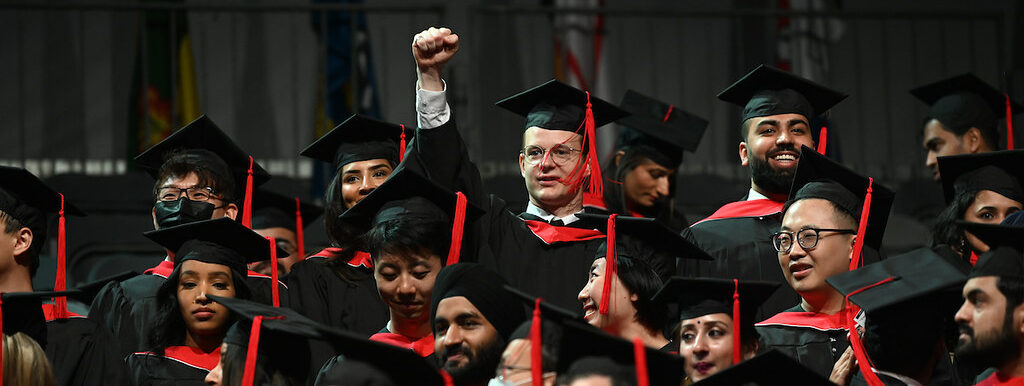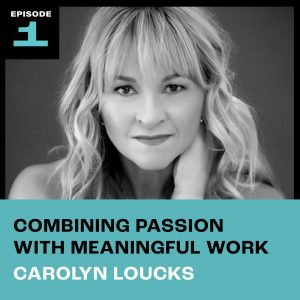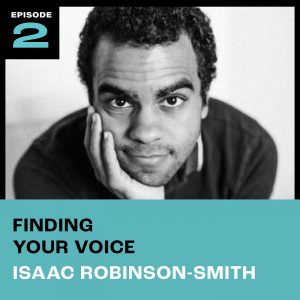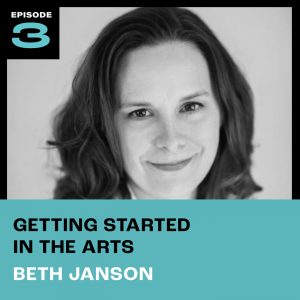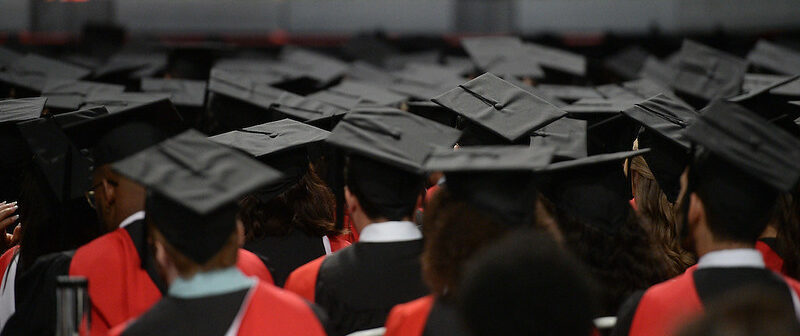Three undergraduate students at York University have earned the Governor General’s Silver Medal, an award that recognizes the outstanding scholastic achievements of undergraduate students in Canada.
Receiving the medals are changemakers Samuel Isaac Dreyzin, Robert Alexander Khatib and Rosie Giannone.
Recipients are selected based on their academic averages.
“It is a special pleasure for me to recognize the prestigious undergraduate Governor General’s Silver Medal award winners,” says Rhonda L. Lenton, York University president and vice-chancellor. “It is here, at this important moment that we can see the result of countless decisive steps that our talented students have taken to launch their extraordinary futures. Rosie, Samuel, and Robert are inspirational not only in their academic achievements at York, but in their desire to give back to their support networks and to the larger community. We are proud to note that they are each on their way to further studies in law and medicine. I am looking forward to hearing more about these amazing young people in the future.”
Samuel Isaac Dreyzin

Dreyzin is graduating from the Commerce program (BCom) in the Faculty of Liberal Arts & Professional Studies (LA&PS). In addition to receiving the Governor General Silver Medal, he is a recipient of the York University Faculty Association Scholarship for his achievement in earning the highest grade point average in LA&PS. Dreyzin has also been awarded the John A. Sheran Memorial Scholarship and HSBC Bank Canada Scholarship in Administrative Studies for having the highest average in the Commerce program.
Dreyzin is passionate about law, finance and investment management, and says he was fortunate to learn from many finance-related courses in his final year of the Commerce program.
“It is such an honour to be awarded the Governor General Silver Medal,” said Dreyzin. “In addition to representing all of the time and hard work I have put into my academics, I want to dedicate this award to everyone who has helped me along the way: my parents, family, girlfriend, friends,and faculty members who have all supported me throughout my undergraduate studies.”
During his studies at York University, he says he was fortunate to meet many supportive professors and TAs who assisted him in his studies.
“In particular, I want to thank my TA, Mr. Lee Danes, from my first-year class Law and Morality in Literature and Culture (HUMA 1825),” said Dreyzin. “Mr. Danes not only offered an immense amount of care and assistance for all of his students during our class, but also provided a lot of support to me during my more recent law school applications.”
Dreyzin says he will be pursuing a law degree in the JD program at the University of Toronto Faculty of Law in the fall.
Robert Alexander Khatib
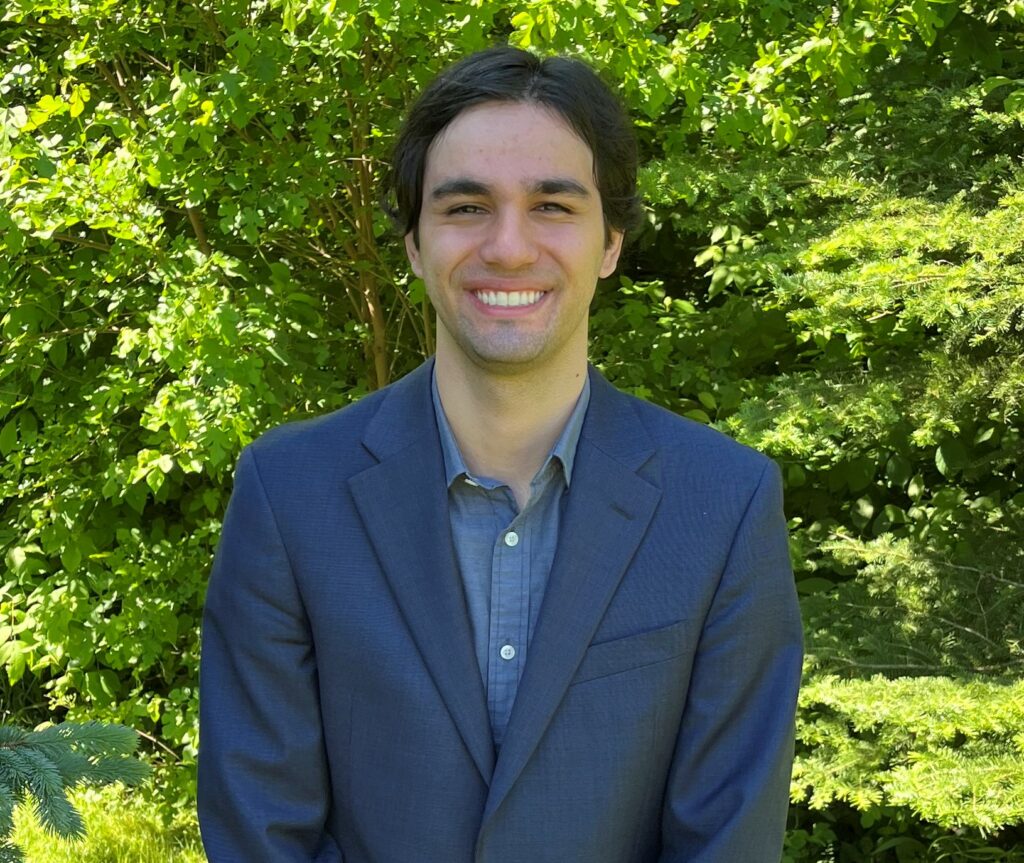
Khatib is graduating with a bachelor of science in biology. Throughout his studies, he worked to extend his education to beyond the classroom. In his third year at York, he became engaged in the York University STEM Fellowship undergraduate indicium research competition, and had the opportunity to collaborate with peers on a self-directed research project on the behavioural aggression of western honeybee castes under the supervision of a research mentor.
During his fourth year, he offered support to prospective York University students through the Science Student Ambassador Program, and had the opportunity to give incoming students the tools and information necessary to succeed at York University.
“I am honoured to be a recipient of the Governor General’s Silver Medal. I believe that the Governor General’s medal represents a recipient’s passion and resilience during the learning process. Despite the challenges that I have faced during this process, I remained driven by my strong sense of passion for biology and community service. I dedicate this achievement to my amazing network of family, friends, and mentors that have provided support and guidance throughout my journey,” said Khatib.
Khatib says he chose to study biology at York University because of the countless available academic resources and the rich social atmosphere on the campus. As well, he discovered that science programs at York University placed a unique emphasis on peer support through regularly hosted PASS sessions and the abundance of passionate mentors, which he says were “pivotal” to his achievements at York.
This coming fall, Khatib will study medicine at the Schulich School of Medicine & Dentistry (Western University).
Rosie Giannone
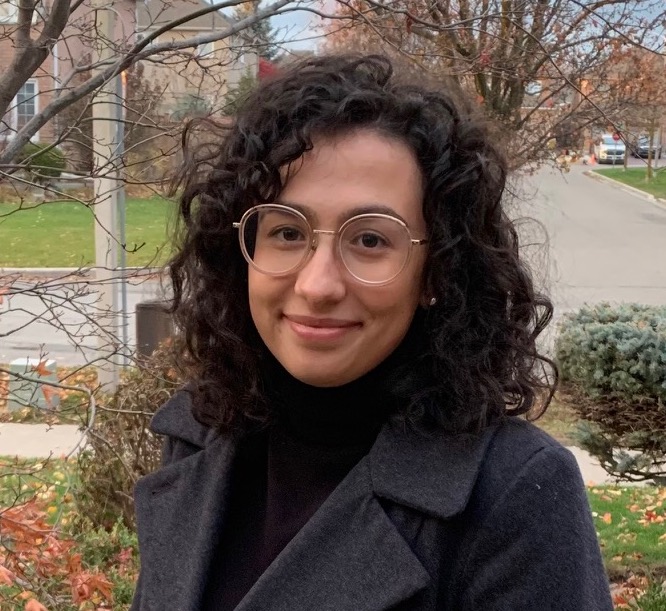
Giannone is graduating from York University with an honours bachelor of arts degree majoring in law and society and minoring in art history.
Her coursework in law and society concentrated primarily on how laws and policies attempt to resolve, but sometimes promote various forms of discrimination. Giannone conducted a literature review in a fourth-year seminar led by Assistant Professor Laura Kwak to determine whether the term genocide is used in interdisciplinary scholarship to describe the crisis of missing and murdered Indigenous women and girls in accordance with the findings of the 2019 national inquiry.
Studying art history allowed her to explore her interests in human creativity and expression with a focus on the social and legal issues that impact the art world. Giannone won an Art History Essay Award for an essay entitled “The Holy Virgin Mary and Sensation: Issues in Censorship, Sponsorship, and Artisanship.” With the support of Associate Professor Dan Adler, Giannone explored concerns over museum censorship, financial ethics, and the exclusivity of the Western art canon.
“For me, receiving the Governor General Silver Medal is a recognition of the hard work, dedication, and passion I have put into my studies,” she said. “I am incredibly thankful for my brilliant professors who have fostered my talents by giving me the confidence to share my ideas and opinions in class and encouraging me to continue to refine my writing skills. I am also indebted to my family whose love and support have made it possible for me to put forth my best efforts, making my undergraduate education a tremendously rewarding experience.”
Giannone’s passion for academics led her to volunteer as a peer note sharer with Student Accessibility Services throughout her undergraduate studies, helping students with disabilities overcome barriers to accessible education. She also held a work-study position as a student leader for the McLaughlin College Peer Mentors Network, providing first-year Law & Society Program students with academic resources, ensuring they have equal opportunity to succeed in university.
Her passion for mentorship earned her the College Life Academic Coordinator Award for Outstanding Contribution and Leadership in McLaughlin College Peer Mentor Program.
In September, Giannone looks forward to attending Osgoode Hall Law School on the Honourable William G.C. Howland Award of Excellence Entrance Scholarship.
More about the Governor General’s Academic Medals
For more than 140 years, the Governor General’s Academic Medals have recognized the outstanding scholastic achievements of students in Canada. They are awarded to the student graduating with the highest average from a high school, as well as from approved college or university programs. Pierre Trudeau, Tommy Douglas, Kim Campbell, Robert Bourassa, Robert Stanfield and Gabrielle Roy are just some of the more than 50,000 people who have received the Governor General’s Academic Medal as the start of a life of accomplishment.
Today, the Governor General’s Academic Medals are awarded at four distinct levels: Bronze, at the secondary school level; Collegiate Bronze, at the post-secondary, diploma level; Silver, at the undergraduate level; and Gold, at the graduate level. Medals are presented on behalf of the Governor General by participating educational institutions, along with personalized certificates signed by the Governor General. There is no monetary award associated with the medal.



